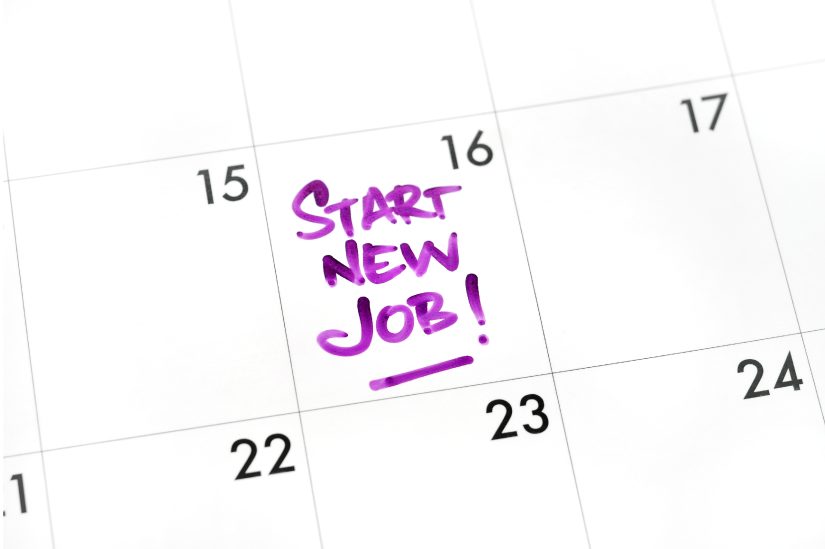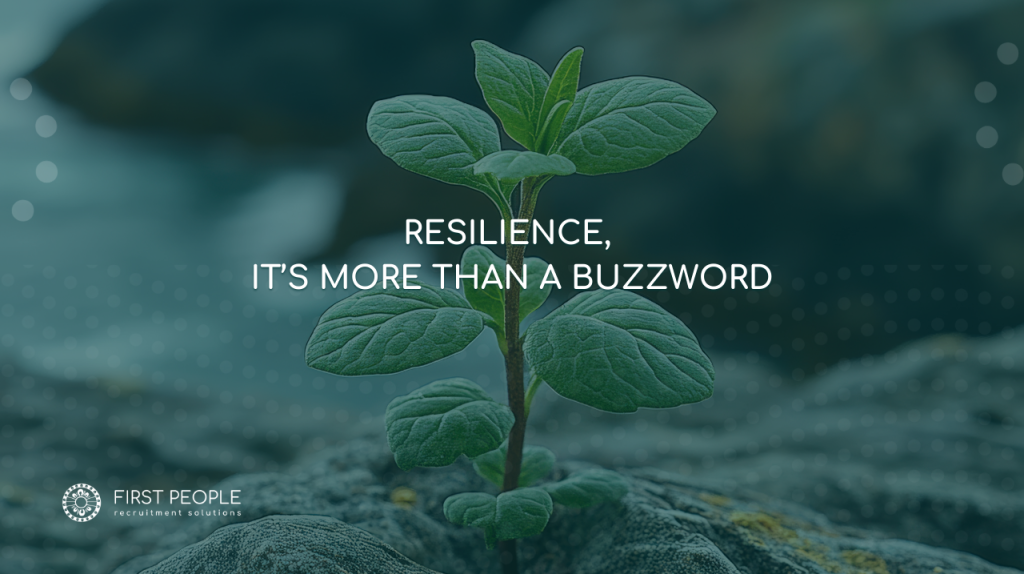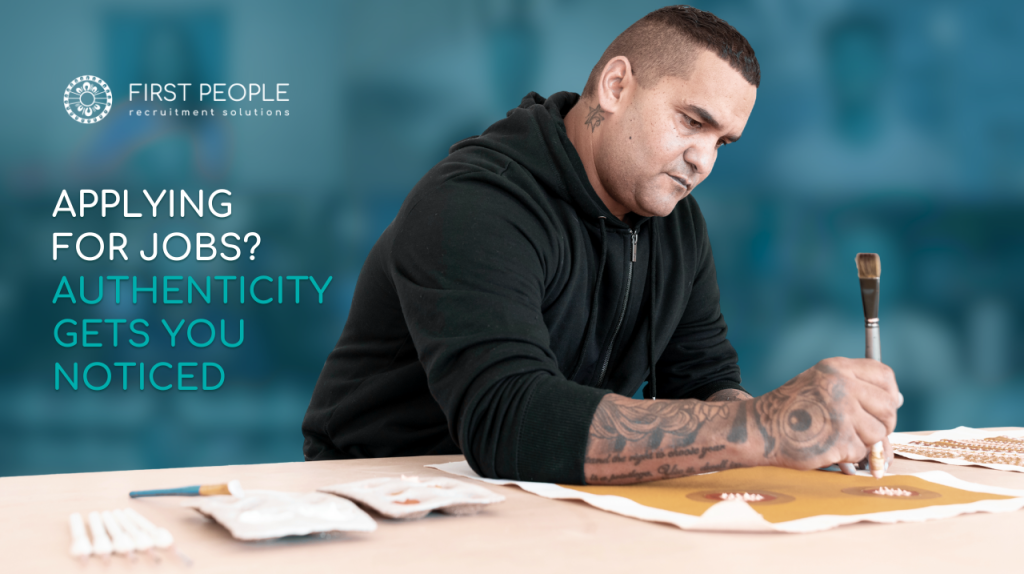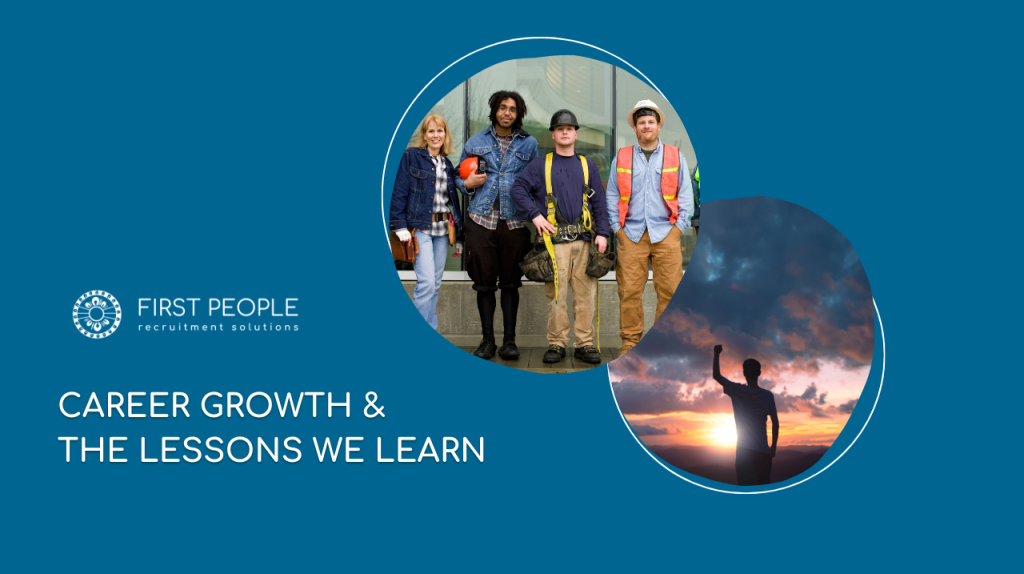If you’ll soon be starting a new job, now is the best time to take a breather and prepare yourself. You may be wondering how to start a new job successfully, or what it really takes to thrive in a new environment – and the truth is that it all comes down to your very first week in the role. After all, this is the ideal time to make a positive and lasting impression which will shape your experience for years to come.
No matter what the position or the industry you’re joining, we’ve put together some top tips to help you make a good first impression in the workplace.
Make the Most of the Handover Period
From the first day on the job, the handover period is your big opportunity to listen, learn and absorb as much as you can about the role. You should have a mentor or manager showing you the ropes, and while they do, be sure to ask any questions that come to mind. While it’s great to be proactive when it comes to problem solving, no one expects you to have a handle on everything right away, especially when you have so many new processes, technologies and systems to come to terms with. Asking questions shows that you’re fully engaged with your own development in the company.
Another way to take responsibility for your learning is by keeping a notepad or laptop on hand to take extensive notes during all training situations. Even if you feel you’ve got a good understanding of everything so far, having notes provides you to something tangible to reference at a later date, helping you avoid asking the same questions repeatedly.
Get to Know Your Colleagues and the Culture
Even if you consider yourself more of an introvert, making a good impression with co-workers is important and can be as easy as being the first to say “hello” or introduce yourself. Get to know them through light, casual questions such as, “What is your favourite part about working here?” or, “What do you like to do in your spare time?” as well as being open to participation in social gatherings after working hours or at lunchtime. Building relationships is a key part of finding job satisfaction in the long term, not to mention allowing you to work cohesively with the rest of the team.
By getting to know your colleagues, you can also get a good idea of what the company culture is like and how you can fit into the workplace. Hopefully you gained some idea of this during the hiring process, but this is your chance to really dig beneath the surface. Find out the latest developments and what is set to happen in the coming year by using social media including Facebook and LinkedIn can help you keep track of any big changes as well as providing you a platform to keep in touch with work friends outside of the office.
Understand That Mistakes Do Happen
One of the most basic yet important pieces of advice we can give is to not be too hard on yourself during that first week on the job. You are in training and it can be very overwhelming to come into a new environment and have to learn all of these different things – especially if your background is rooted in a different role or industry.
If a mistake does happen, be transparent and ask for help. It can sometimes seem easier to try and sweep it under the rug, but this could create larger problems later on. By talking to someone about an error and taking practical steps to resolve it, you’re showing that you can be trusted and that you are prepared to learn from your mistakes. These are two widely sought-after qualities in any new hire.
How to Start a New Job Successfully Checklist:
Summary
To build a great first impression in the workplace, try to keep the three Rs in mind: receptive, responsible and relatable. By showing these traits wherever possible, you’ll find your place in the company culture, befriend colleagues and get a faster handle on processes. At the end of the day, having a positive attitude and a willingness to learn and work hard can mean more than having a certain experience or skillset.
Are you ready to find your next role? At First People Recruitment Solutions, we’re Australia’s Indigenous recruitment experts. Talk to us any time to learn more about our strategies and how we can partner with you to find your next Identified or non-Identified role.





